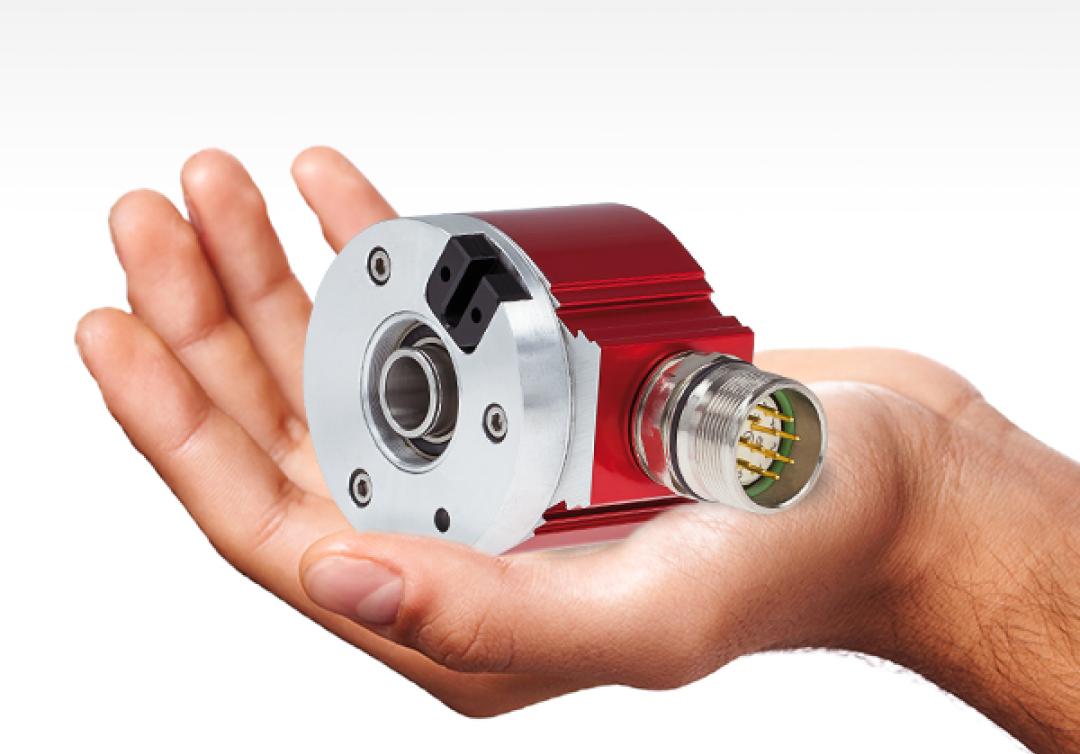
In a world where technological evolution never pauses, encoders stand as pivotal elements in modern systems, transforming the way machines interpret movement and position. These devices, though not new, have found groundbreaking applications across various sectors, from robotics to medical technology, reshaping industries and enhancing the human experience.
This article sheds light on the innovative uses of encoders, demonstrating their critical role in today’s technological landscape and how they are pushing the boundaries of what machines can do.
Table of Contents
The Essence of Encoders
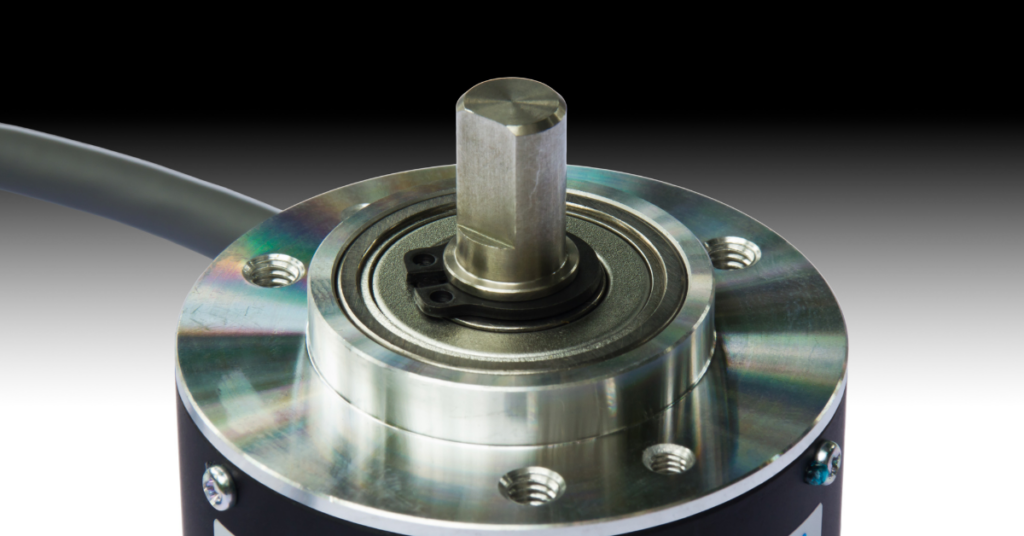
Source: evrtp.com
Encoders, in essence, are sensors that convert motion into an electrical signal, which can then be read by a control device in a system. They come in two main types: rotary, which measures angular position, and linear, which measures distance. The information they provide is vital for precision control in machinery, ensuring accurate and efficient operation.
Revolutionizing Robotics
In robotics, encoders are indispensable. They enable robots to understand their spatial orientation and movement with precision. This capability is crucial not just for the basic function of moving from point A to point B but also for complex maneuvers in automation, manufacturing, and even in exploratory robots used in space missions. The precise feedback from encoders allows for the development of robots that can perform tasks with a level of dexterity and accuracy that was once the exclusive domain of humans.
Advancements in Medical Technology
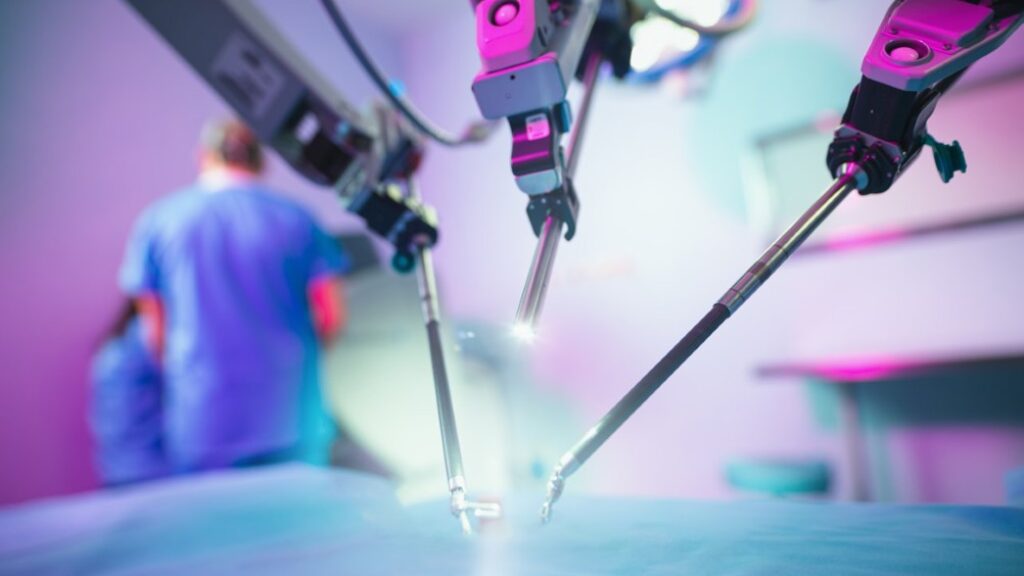
Source: eurekamagazine.co.uk
Medical technology has seen remarkable advancements with the integration of encoders. In surgical robots, for example, encoders play a crucial role in ensuring movements are precise, smooth, and safe. These devices have made minimally invasive surgery a reality, offering high precision that leads to faster patient recovery times and reduced risk of complications. Encoders are also used in prosthetics, giving amputees better control over artificial limbs, thus significantly improving their quality of life.
Enhancing Automotive Safety
The automotive industry has harnessed the power of encoders to enhance vehicle safety and performance. In advanced driver-assistance systems (ADAS), encoders are used to provide accurate information about the position and speed of various components. This data is essential for features like electronic stability control and automatic emergency braking, which rely on precise timing and control to prevent accidents.
The Role in Renewable Energy
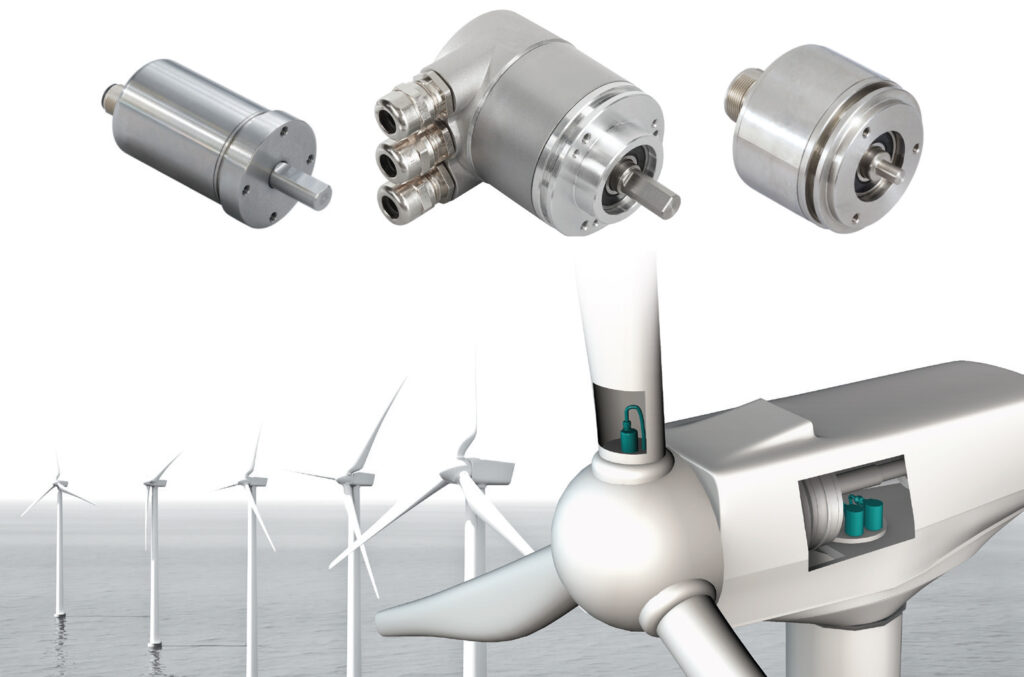
Source: engineerlive.com
Encoders are also playing a significant role in the renewable energy sector, particularly in wind turbines. They are used to adjust the pitch of the blades to optimize wind interaction, maximizing energy production while minimizing wear and tear on the turbine. This not only increases the efficiency of power generation but also extends the lifespan of the equipment, making renewable energy more viable and cost-effective.
Accelerating Manufacturing Processes
In the realm of manufacturing, encoders have accelerated processes and heightened efficiency. They are key components in CNC (Computer Numerical Control) machines, where precision is paramount. Encoders ensure that these machines can carve, cut, and shape materials with astonishing accuracy, enabling the production of complex and high-quality products at speeds previously unattainable.
Elevating Entertainment and Gaming
In the entertainment and gaming industries, encoders are pivotal in creating immersive experiences. In virtual reality (VR) systems, for example, encoders track the position and movements of the user’s head and hands with incredible accuracy. This allows for a seamless integration of physical movements with the virtual environment, enhancing the realism of VR experiences. Similarly, in gaming consoles, encoders in joystick controllers translate player movements into digital commands, allowing for precise control and interaction with the game.
Advancing Aerospace and Aviation

Source: wellpcb.com
The aerospace and aviation sectors rely heavily on encoders for navigation, control systems, and instrumentation. In aircraft, encoders are used in flight control systems to provide precise measurements of the position and speed of control surfaces like ailerons and rudders. This information is critical for maintaining flight stability and ensuring safe operation. Additionally, encoders are used in satellite positioning systems, where they contribute to the accurate orientation of satellites for communication, weather monitoring, and global positioning systems (GPS).
Transforming Telecommunications
The telecommunications industry benefits from the precision and reliability of encoders in equipment used for signal transmission and broadcasting. For instance, encoders play a vital role in satellite dishes and antennas, where they enable precise positioning to ensure optimal signal reception and transmission. This accuracy is crucial for maintaining the quality and reliability of communications networks, especially in remote or challenging environments.
The Edge in Competitive Sports
Encoders have found their place in competitive sports, where they are used to enhance training and performance analysis. High-speed cameras equipped with encoders capture the minutiae of athletes’ movements, providing detailed data that coaches and sports scientists can analyze to optimize training regimens and improve performance. This technology is also used in designing sports equipment, where precise measurements contribute to the development of more effective and safer gear.
Revolutionizing Retail and Logistics
In the retail sector, encoders enhance the shopping experience and operational efficiency. Automated checkout systems use encoders to accurately scan and process purchases, reducing wait times and improving customer satisfaction. In logistics and supply chain management, encoders facilitate the automation of warehouses, enabling precise tracking and handling of goods. This not only speeds up the distribution process but also reduces errors and enhances inventory management.
Precision Agriculture
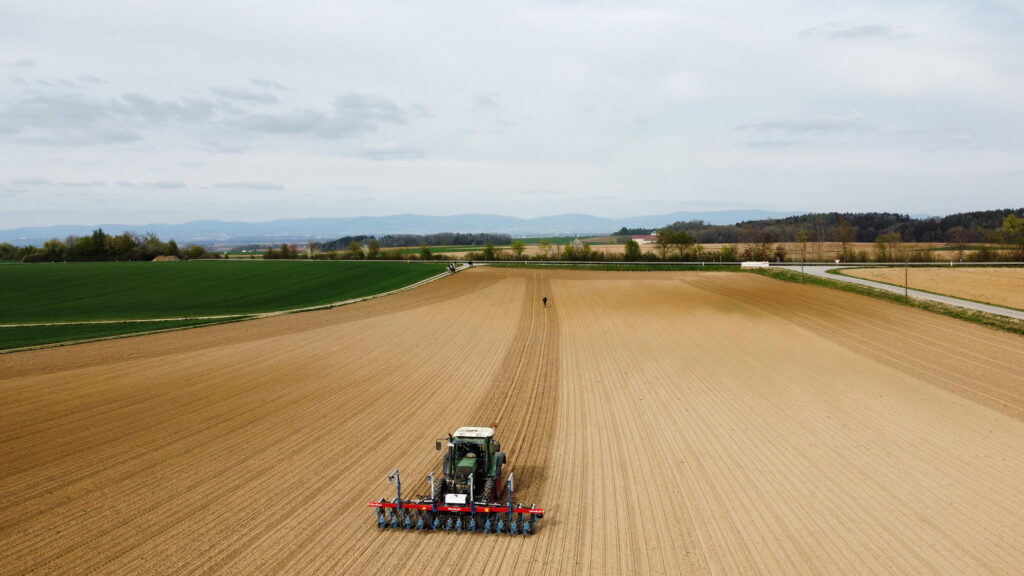
Source: sickconnect.com
In the agriculture sector, precision farming practices are revolutionizing traditional methods, with encoders playing a crucial role. They are used in automated farming equipment, such as tractors and drones, to ensure precise seeding, watering, and harvesting. This not only improves crop yields but also minimizes waste and environmental impact. Encoders in irrigation systems control the flow of water with high accuracy, conserving this vital resource while ensuring crops receive the necessary hydration.
Conclusion
Encoders, with their ability to translate physical motion into digital data, have become the backbone of modern technological systems. From improving the precision of robots and medical devices to enhancing vehicle safety and boosting renewable energy production, their applications are both vast and profound. As technology continues to advance, the potential for encoders to drive innovation is limitless. Their role in the future of technology is not just promising; it’s revolutionary.







